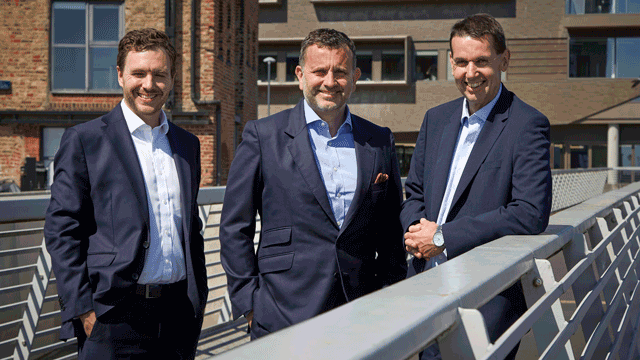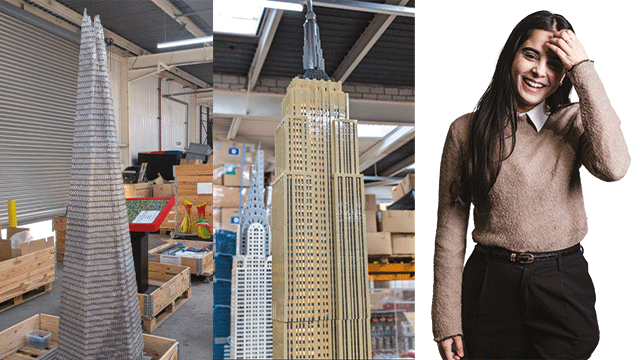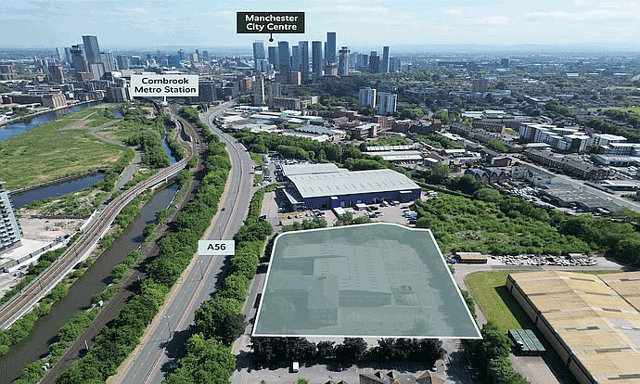A cocktail of bricks, mortar and relationships may have delivered results in the past, but the requirements for enduring success in property today are very different. The future is about branding, tech and transience.
From pop-up retail to PRS, co-working offices to talk of serviced warehousing, no branch of this industry is unaffected. And the success of each is ever more dependent on the power of a compelling brand, the adoption of intuitive technology and an acceptance of demands for greater flexibility from a transient generation.
No company symbolises this new world more than WeWork.
This week the $10bn company – a value based more on a dotcom multiple than that of a propco – signed deals for a further three London locations. The deals take its portfolio in the capital to around 1m sq ft, including Moor Place, EC2, launched last week and WeWork’s largest facility in the world.
More than that, the company has also begun initial discussions in London about extending its residential arm, WeLive, to Europe. Expect this micro-flat, co-living concept to focus on the fringe. And don’t be surprised if it flies.
But it’s not just WeWork looking to extend its brand into new areas. At last week’s Estates Gazette Development Summit in Manchester it became clear that many student housing providers are eying the private rented sector, with the aim of elevating graduates from branded student flats to branded rental properties. Without data and tech – and the superfast broadband this generation demands – this ambition would be impossible to realise.
The acceptance of transience is another necessary component of future success.
At this week’s EG Question Time in London, Palmer Capital chief executive Alex Price talked about the necessary death of the 1,000-year lease. He was only half joking. From co-working to co-living, commitments are growing shorter and, often, coming later.
None of this will replace bricks, mortar and relationships, of course, but that holy trinity will no longer be enough.
■ The tragic events in Paris last weekend inevitably affected MAPIC in Cannes this week. A small number of retailers – including Arcadia and US retailers The Limited and Victoria’s Secret – chose not to attend and security around the Palais des Festivals was visibly increased. This was an entirely understandable reaction by some, and an important response by others to go about business as usual.
Sadly, security is going to be an ever more important consideration for everyone in this industry and beyond for some time to come.
■ It looked this week as though there was movement on Project Tomorrow, that long-mooted Manchester requirement pursued by a secret tech consortium. But no, we will have to wait to see the promised next-generation cloud computing and holographic modelling. Peel Group’s MediaCityUK instruction to Edwards & Co to lease the £20m Tomorrow project in Salford Quays, Greater Manchester, is unconnected, the name a coincidence. So what of Project Tomorrow itself? It’s still alive, we are told, though it will be smaller than the 1m sq ft (including a London extension) being talked about in 2012. Based on past form, don’t hold your breath for details any time soon.
■ Estates Gazette launches a new app this week. It works across your iPhone and iPad as well as an Android smartphone or tablet device and is the perfect way to enjoy the full content of the weekly magazine. It will equip readers to catch up during the daily commute and each week’s issue is available 24 hours before the print magazine.
Thanks to BNP Paribas Real Estate for sponsoring the launch. New subscribers who download (through iTunes or Google Play) and subscribe through the app will be entered into a prize draw to win a tablet device. And to get you started we have made a number of issues free so that you can experience the app for yourself.











